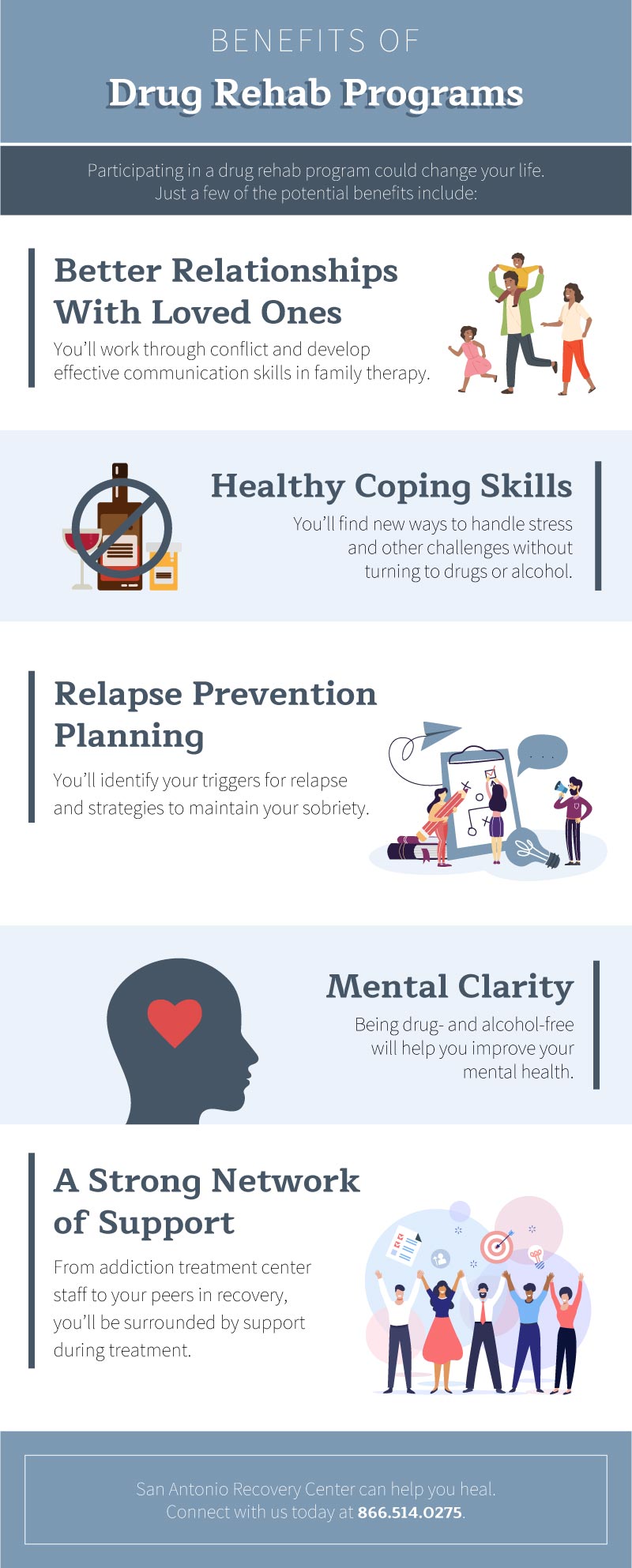Equipping Lives: Finding Your Suitable Addiction Treatment Center
Equipping Lives: Finding Your Suitable Addiction Treatment Center
Blog Article
Navigating the Journey of Detoxification in the Comprehensive Dependency Therapy Program
The process of cleansing holds a considerable function in breaking the physical dependence on substances and preparing the person for the subsequent phases of treatment. As people grapple with the obstacles of withdrawal signs and the uncertainties that exist ahead, having a structured plan and a durable assistance system in area ends up being extremely important.
Significance of Cleansing in Recuperation

Cleansing establishes the foundation for the remainder of the dependency therapy program by preparing the person for further treatment and therapy. By cleaning the body important that have actually been clouding judgment and influencing actions, detoxification enables patients to approach their healing with a clearer mind and stronger focus.
Additionally, cleansing aids in taking care of the possibly severe withdrawal symptoms that may develop when medicine or alcohol use is stopped. Doctor closely monitor people throughout detoxification to ensure their safety and security and supply required assistance. Through this procedure, individuals can begin their journey in the direction of sobriety with a supported mental and physical state, enhancing the possibility of a successful recovery.
Recognizing the Detox Refine
Detoxification, a fundamental part of addiction treatment programs, involves a structured procedure intended at securely eliminating harmful substances from the body to help with a successful recovery journey. The detox procedure generally starts with an evaluation to evaluate the individual's compound use history, physical health, and mental wellness. This analysis helps health care experts determine the most suitable detoxification strategy tailored to the individual's needs.
Throughout detoxification, the body experiences withdrawal as it adjusts to the lack of the material. Withdrawal symptoms differ depending upon the kind of substance made use of, the duration of usage, and individual aspects. Medical guidance throughout detox is important to manage withdrawal symptoms and ensure the person's safety and convenience.

Handling Withdrawal Signs And Symptoms

Drugs may be used to relieve particular withdrawal symptoms and reduce pain. For instance, medicines like methadone or buprenorphine can help take care of opioid withdrawal signs, while benzodiazepines may be made use of for alcohol withdrawal. It is vital for doctor to thoroughly monitor the individual's reaction to these medications to guarantee their safety and security and efficiency.
Along with medicinal interventions, supportive treatments such as counseling, peer support system, and alternative methods like mindfulness meditation or yoga exercise can aid individuals deal with the emotional and emotional difficulties of withdrawal. By resolving withdrawal signs adequately, doctor can enhance the detoxing experience and support individuals on their journey to healing.

Support Systems During Detoxification
Support group play an essential role in offering social and emotional support to people undertaking cleansing in dependency treatment programs. During the detox process, individuals usually experience a range of physical and mental withdrawal signs, making this stage tough - Addiction Treatment Center. Having a solid assistance system in area can significantly impact the individual's capability to browse with detoxification efficiently
Family members, close friends, assistance groups, and health care experts are essential elements of the support group. Family members members and good friends can use support, understanding, and a feeling of belonging during this challenging time. Support system supply a platform for individuals to get in touch with others that are experiencing comparable experiences, providing a sense of community and shared understanding. Healthcare experts, consisting of therapists, medical professionals, and counselors, play an important role in monitoring the person's development, offering clinical support, and offering advice throughout the detox procedure.
Looking Ahead: Life After Detox
Having efficiently finished the detoxification stage, people in addiction treatment programs currently concentrate on preparing for the difficulties and chances that exist in advance in their trip towards recovery. Life after detox notes this page a vital change period where individuals must remain to improve the progression made during detox to preserve their sobriety. It is necessary for people to identify that the journey in the direction of recuperation is ongoing and needs commitment, dedication, and a readiness to welcome change.
One key aspect of life after detox is the development of coping mechanisms to deal with triggers and cravings that may occur. This might entail finding out brand-new abilities, such as mindfulness methods, cognitive-behavioral techniques, and stress management top article approaches, to browse difficult circumstances without resorting to material usage. Furthermore, individuals are urged to proactively participate in ongoing therapy, support system, and aftercare programs to enhance their support network and obtain support as they browse the complexities of life post-detox.
Verdict
Finally, cleansing is an essential element of the thorough addiction treatment program. Recognizing the detox procedure and handling withdrawal symptoms are essential actions towards recovery. Assistance systems play a considerable duty during this tough journey. Addiction Treatment Center. Looking in advance, life after detox holds assurance for a healthier, substance-free future. It is important to acknowledge the importance of detoxification in the process of overcoming addiction and relocating towards a life of sobriety.
Medical guidance during detox is critical to manage withdrawal signs and make certain the individual's safety and security and convenience.
By comprehending the detoxification procedure and its significance in damaging the cycle of dependency, individuals can embark on a course towards lasting healing.
Throughout the detoxification process, individuals often experience a range of mental and physical withdrawal signs and symptoms, making this stage challenging. Medical care experts, consisting of therapists, physicians, and official statement specialists, play an important function in monitoring the individual's progress, offering medical support, and offering guidance throughout the detox process.
Life after detoxification notes a vital change duration where people must continue to build on the progression made throughout detox to maintain their soberness.
Report this page